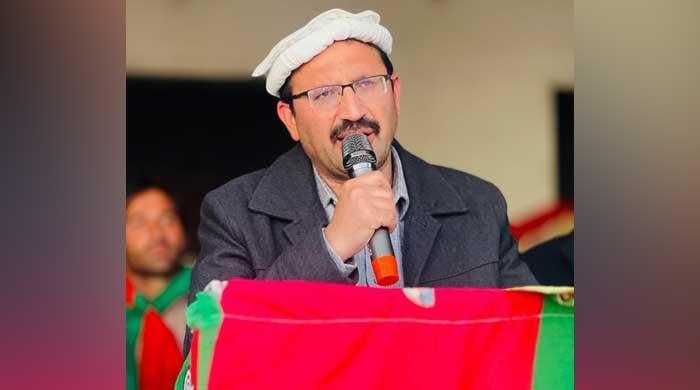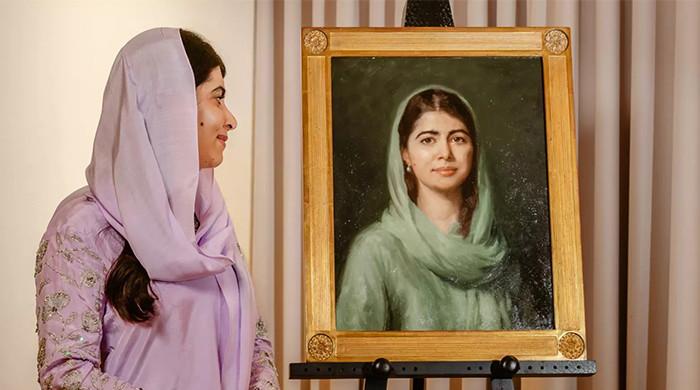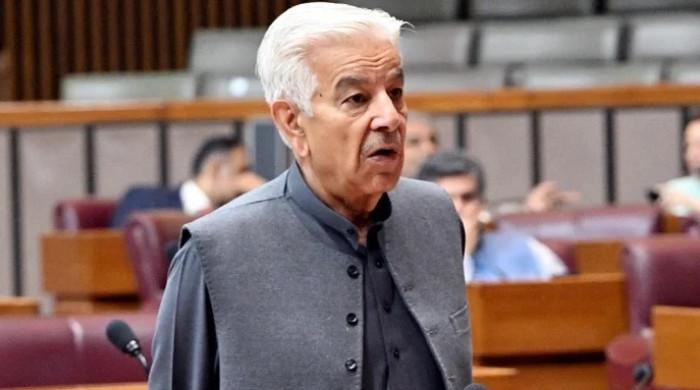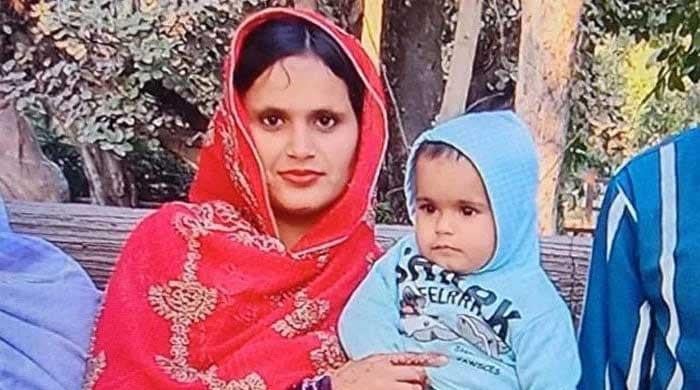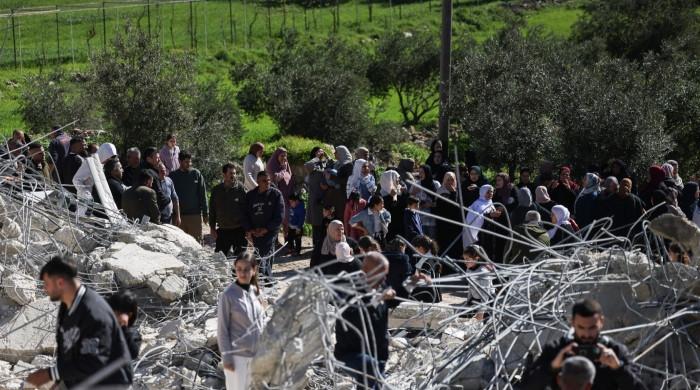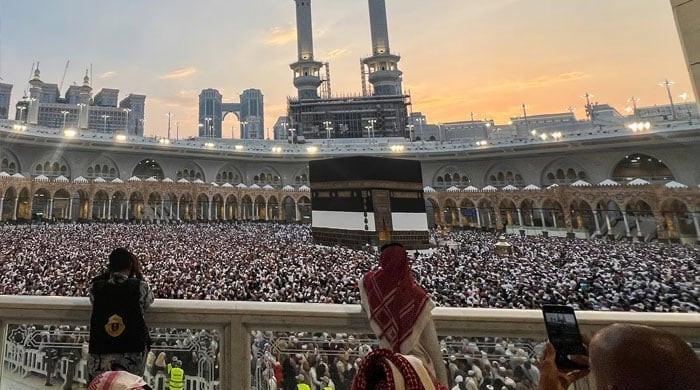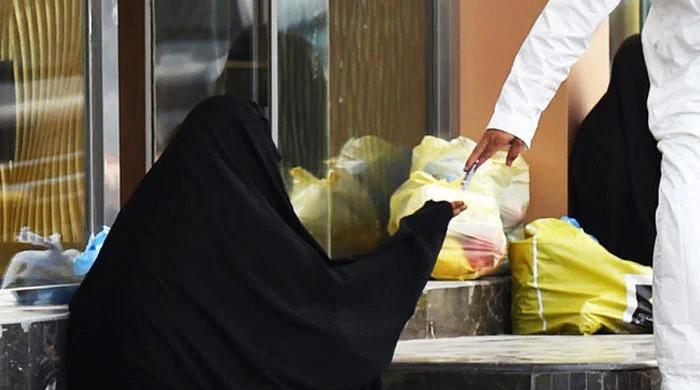India abusing G20 presidency to ‘push colonial’ agenda in IIOJK: FM Bilawal
Foreign minister rules out chances of normalisation of ties with New Delhi until disputed region’s special status is restored
May 23, 2023
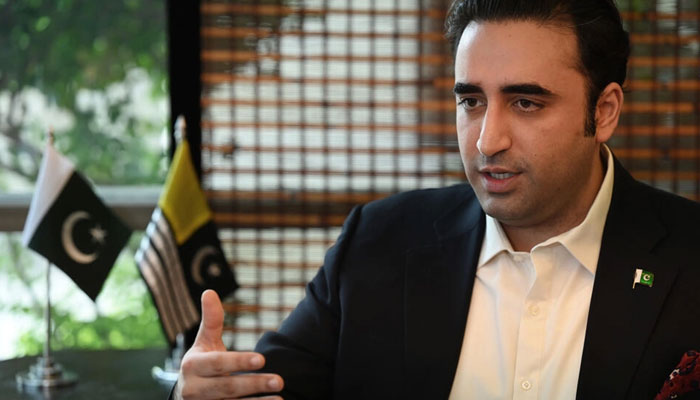
- India cannot silence the voice of Kashmiris by holding conference: Bilawal.
- FM hails China, Saudi Arabia, Turkiye for skipping G20 summit in IIOJK.
- "Conference is a continuation of India's arrogance on international stage."
Foreign Minister Bilawal Bhutto-Zardari has slammed New Delhi for "abusing" its presidency of the G20 by holding a tourism conference in Indian Illegally Occupied Jammu and Kashmir (IIOJK), saying the one event cannot silence the voice of Kashmiris.
It is the first diplomatic event in the Himalayan disputed territory since Pakistan suspended trade and diplomatic ties with India in 2019, when New Delhi abrogated the semi-autonomous status of its only Muslim-majority region and enforced a heavy security lockdown.
"I wish I could say I was surprised, but I think that this is a continuation in what is becoming a norm now, of India's arrogance on the international stage," he told AFP in a Monday interview in Muzaffarabad, the capital of Azad Jammu and Kashmir (AJK).
"They're abusing their presidency of the G20 to push their colonial agenda, but if they think that by holding one event in IIOJK they can silence the voice of the Kashmiri people, then I believe that they are truly mistaken."
The G20 participants — made up of the European Union and the world's 19 top economies — have been "put in a pretty awkward spot", said the foreign minister.
"Those countries who make it a point to remind us and protest how outrageous it is that international law has been violated in Europe: I believe that they should be just as outraged when international law is violated in IIOJK," he said, in a reference to Russia's invasion of Ukraine.
China, which also claims the Indian state of Arunachal Pradesh in full as part of Tibet, has stood by Pakistan in condemning the meeting to promote tourism in the area — renowned for its lakes, meadows and snow-capped mountains.
Muslim nations Saudi Arabia and Turkiye are not sending government representation, while some Western countries have scaled back their presence, according to reports.
India is attempting to portray what officials have called "normalcy and peace" in the violence-wracked region by inviting the international community to a sprawling, well-guarded venue on the shores of Dal Lake in Srinagar.
Over the past week, the IIOJK residents have chafed under stepped-up security measures. Hundreds have been detained in police stations and thousands including shopkeepers have received calls from officials warning them against any "signs of protest or trouble".
"One of the most militarised zones in the world can never be seen as normal," said Bilawal.
FM Bilawal also ruled out any chance of a warming of ties between the two countries unless New Delhi revoked the change in status of the disputed Himalayan region.
"Until this topic is addressed, it really stands in the way of peace in all of South Asia," he added. Without it, no "meaningful dialogue" could begin on shared threats including militancy and worsening climate change.
The crackdown in IIOJK was ordered by Indian Prime Minister Narendra Modi, who since coming to power in 2014 has increasingly used religious polarisation to mobilise the Hindu majority.
Next year, he will seek a third term in power at elections.




